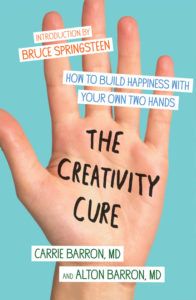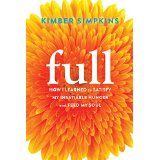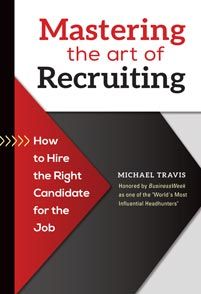“What’s a Forward?”

A forward is the player on a team, who plays in front and helps score. Period.
If we’re talking books, the correct question is: “What’s a foreword?”
Be sure to spell it right if you’re asking someone to write one for your book!
A foreword is an introductory section in a book that establishes the author’s credibility and establishes the usefulness or importance of a book. The foreword helps provide motivation for the reader to buy the book or to continue reading it. The foreword is not written by the author but by either an authority on the subject or by someone your readers trust and admire.
“Who Should Write a Foreword?” “Whom Should I Ask to Write My Foreword?”

The best person to write a foreword to your book is someone well known by your readers, someone they know, like and trust. It’s ideal if the foreword writer is an authority on your subject or a broader subject that encompasses yours, but they can also just be a person of renown who knows your work, knows you well, used your system (or methods or teaching) that you share in the book, or knows people who have benefited from your work. Or perhaps they were not familiar with your work before you contacted them but they have a personal connection to the subject.
In the modern world of online search and Amazon, one of your best sales tools is having a bestselling author write your foreword. Why? Amazon considers that person a co-author. Therefore, when someone searches on the name of that well-known author, your book will also come up in the list. That means many more eyeballs that see your book on Amazon and more eyeball owners who have the opportunity to buy it.
Publishers and agents know this. [bctt tweet=”A bestselling author as foreword writer will increase your chances of a book deal. No kidding.”] An agent told me she’d sign my client if, and only if, the client was able to convince the bestselling author who had said he would likely write her foreword to provide a firm “yes.” Happy ending to that story. I’m glad the agent pushed.
If you have been asked to write a foreword, or wish to provide information to someone you’ve asked to write a foreword, here is a post that tells you exactly how to write a foreword.
Please share your questions or comments below!



 My husband Tom Patterson is an
My husband Tom Patterson is an  The benefit of having your name as the URL/link is that no matter how your writing/speaking/consulting/coaching career changes, you can update your website to reflect your current direction and the URL is as relevant as ever.
The benefit of having your name as the URL/link is that no matter how your writing/speaking/consulting/coaching career changes, you can update your website to reflect your current direction and the URL is as relevant as ever.
 I’d like to share a story about my recent experience with simplicity because it points to a powerful strategy for book writing.
I’d like to share a story about my recent experience with simplicity because it points to a powerful strategy for book writing. Then, I stumbled upon a book at the library, John Maeda’s The Laws of Simplicity, published at my Alma Mater (MIT Press). John got me thinking about how to simplify the process from class participants’ point of view. Rather than trying to give them everything at once, I thought about how they could access what they needed as needed and have one easy place to find the information when they most needed it.
Then, I stumbled upon a book at the library, John Maeda’s The Laws of Simplicity, published at my Alma Mater (MIT Press). John got me thinking about how to simplify the process from class participants’ point of view. Rather than trying to give them everything at once, I thought about how they could access what they needed as needed and have one easy place to find the information when they most needed it. It’s always exciting to help a client come up with a great book title. I still remember the conversation where I suggested The Creativity Cure to Carrie Barron. The title came from listening to Carrie talk about the work she does with her clients, the problems they have, the promise, benefits and results they are seeking. I heard two things in listening to Carrie: a) Creativity was the method by which she helped people and b) the people she helped were depressed, anxious and unhappy. The Creativity Cure spoke to the audience and offered a solution to their problem–a potential cure, in fact.
It’s always exciting to help a client come up with a great book title. I still remember the conversation where I suggested The Creativity Cure to Carrie Barron. The title came from listening to Carrie talk about the work she does with her clients, the problems they have, the promise, benefits and results they are seeking. I heard two things in listening to Carrie: a) Creativity was the method by which she helped people and b) the people she helped were depressed, anxious and unhappy. The Creativity Cure spoke to the audience and offered a solution to their problem–a potential cure, in fact.

